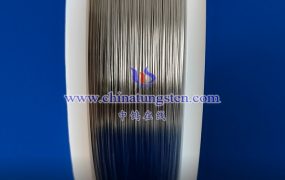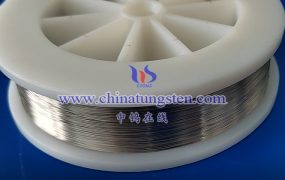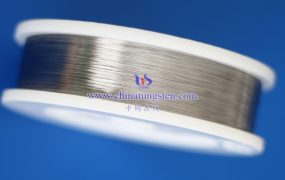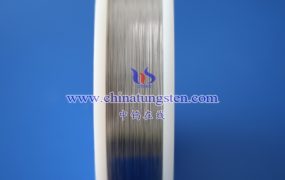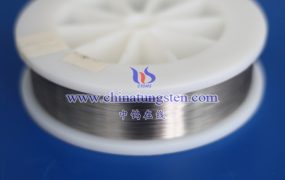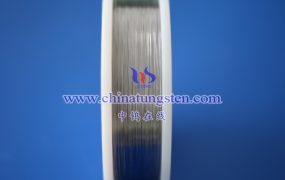Black tungsten wire exhibits poor stability in strong alkaline environments, particularly under high temperatures or concentrated alkali conditions, where it is prone to corrosion. To use black tungsten wire in alkaline environments, temperature and concentration must be strictly controlled, or protective measures (e.g., coatings or isolation) should be employed.
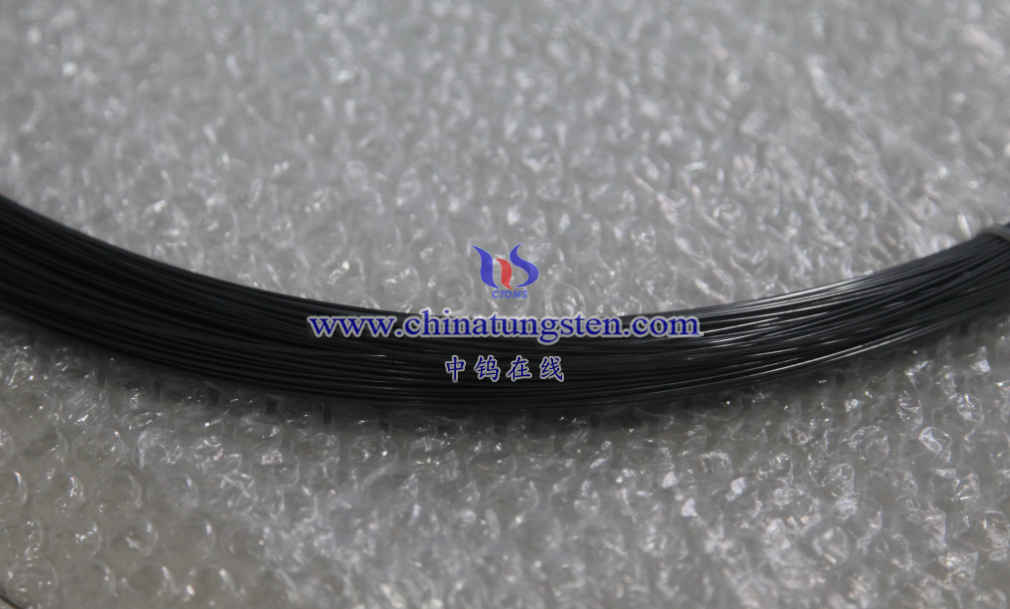
1. Chemical Reactions of Tungsten with Strong Alkalis
Although tungsten is a refractory metal (with a melting point of approximately 3422°C), it can undergo the following reactions in strong alkalis (e.g., NaOH, KOH):
- At High Temperatures: Tungsten may react with molten alkali to form tungstates (e.g., Na₂WO₄) and release hydrogen gas: W + 2NaOH Δ → Na₂WO₄ + H₂↑
- At Room Temperature: The reaction rate is slower, but prolonged exposure can still lead to gradual corrosion, especially in highly concentrated alkaline solutions or in the presence of oxidants, which accelerate the reaction.
2. Influence of Surface Condition
- Pure Tungsten Surface: If the black tungsten wire’s surface lacks a protective layer (e.g., oxide or carbide), the alkali can directly corrode the metal substrate.
- Carbide or Oxide Layer: If a tungsten carbide (WC) or tungsten oxide (WO₃) layer is present, it may provide some protection, but strong alkalis can compromise these layers:
- Carbides may decompose in alkali at high temperatures.
- Oxide layers may dissolve in strong alkalis (e.g., WO₃ reacts with NaOH to form sodium tungstate).
3. Influence of Environmental Conditions
- Temperature: Higher temperatures significantly increase the reaction rate, with molten alkalis being particularly corrosive to tungsten.
- Concentration: Higher concentrations of alkaline solutions enhance corrosiveness.
- Exposure Time: Prolonged exposure leads to cumulative damage, even at lower temperatures.
- Presence of Oxidants: If the alkaline solution contains oxygen or peroxides, oxidation-reduction reactions may accelerate tungsten dissolution.
4. Performance in Practical Applications
- Short-Term Exposure: In dilute alkaline solutions at room temperature, black tungsten wire may remain relatively stable but should not be immersed for extended periods.
- High-Temperature or Concentrated Alkali Environments: The wire corrodes rapidly, leading to degraded mechanical properties (e.g., embrittlement or fracture) or complete dissolution.
- Comparison with Other Metals: Tungsten is more stable in alkalis than reactive metals like aluminum or zinc but far less resistant than inert metals like platinum or gold.
5. Methods to Improve Stability
- Surface Coatings: Applying alkali-resistant coatings (e.g., ceramics or glass) or forming a dense oxide layer (e.g., through pre-oxidation treatment) can enhance corrosion resistance.
- Alloying: Adding small amounts of alkali-resistant elements (e.g., rhenium or tantalum) may improve corrosion resistance, though this increases costs.
- Environmental Control: Avoid exposure to high temperatures or concentrated alkalis, or use neutral or acidic media as alternatives.
More details of tungsten wire, please visit website: http://www.tungsten-wire.com.cn/
Please contact CHINATUNGSTEN for inquiry and order of tungsten wire:
Email: sales@chinatungsten.com
Tel.: +86 592 5129595
